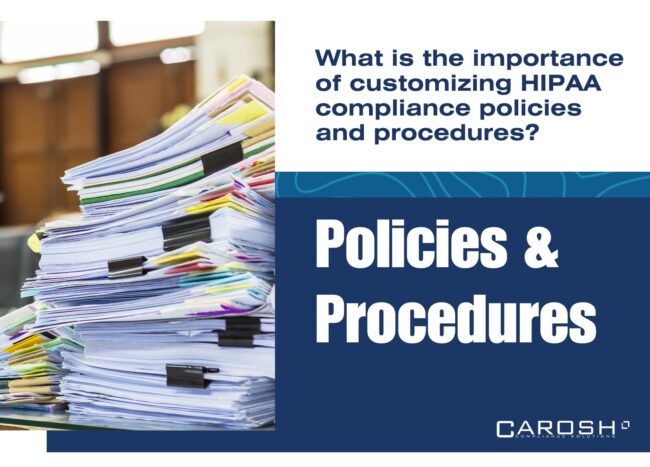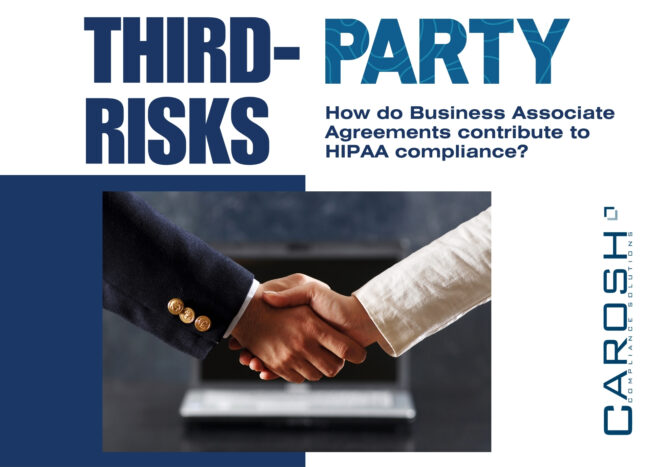The Essential Role of a Chief Compliance Officer in Healthcare
In the complex world of healthcare privacy and security, Chief Compliance Officers play a vital role in maintaining organizational integrity and earning patient trust. They carry the responsibility of ensuring compliance with the Health Insurance Portability and Accountability Act (HIPAA), a key law protecting patient health information. Their duties cover a wide range, including developing policies, managing risks, and guiding healthcare organizations in how they manage sensitive patient data.



